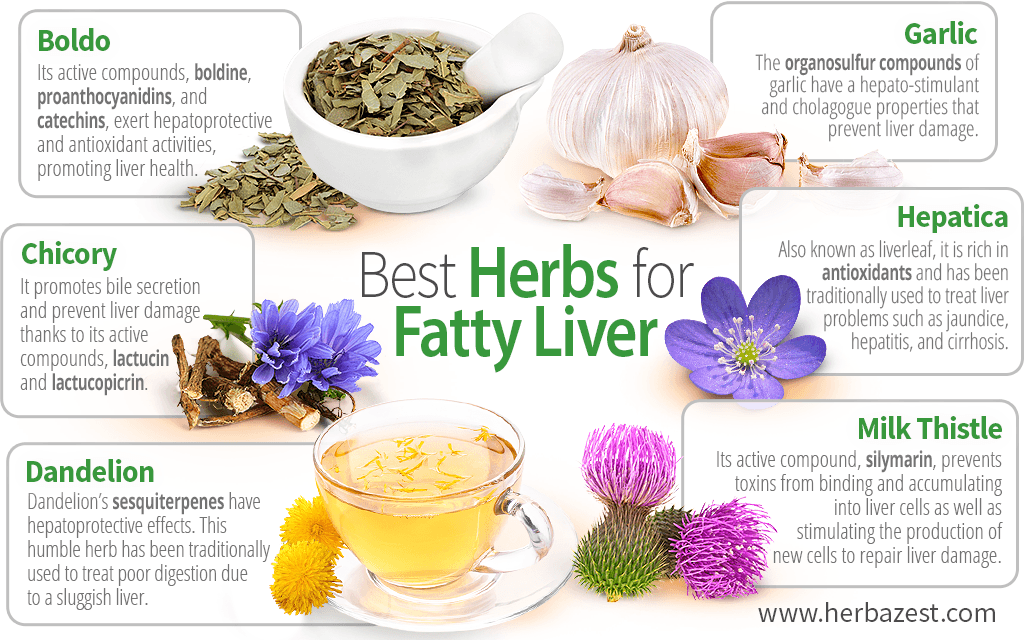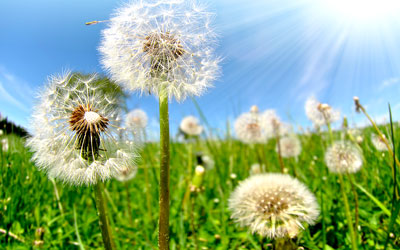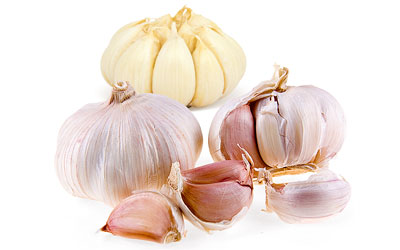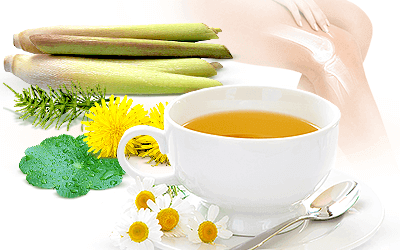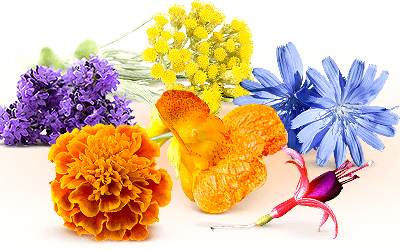Mainly due to unhealthy diets that are high in processed sugar and trans-unsaturated fatty acids, liver disorders are on the rise, with Non-Alcoholic Fatty Liver Disease (NAFLD) affecting about 25% of the global population.1
There are two types of fatty liver:
- Simple fatty liver: Characterized by very mild or no liver inflammation and no damage to liver cells, this type of liver disorder often goes unnoticed, aside of increasing episodes of indigestion after consuming heavy meals. If detected on time, it can be easily controlled with a combination of a healthy diet and physical activity.
- Non-Alcoholic Fatty Liver Disease (NAFLD): It develops over time, with noticeable fat accumulation within the liver, causing inflammation, liver cell damage, and other serious symptoms. Most people with NAFLD may experience fatigue and a general feeling of discomfort, sometimes accompanied by pain in the upper right part of the abdomen and unintended weight loss.
People with health problems - such as hypertension, high cholesterol and triglycerides, type 2 diabetes, and overweight (particularly concentrated around the waist) - are prone to developing fatty liver disease.
Commonly, medical advice includes making dietary adjustments, increasing physical activity (at least 30 minutes three to five days a week), and, depending on the patient, medications to stimulate liver function. However, a natural cure for fatty liver is possible, and, in combination with lifestyle changes, can greatly help to overcome NAFLD or prevent it from getting worse.
Some of the best herbs for fatty liver are easy to find and safe to consume in therapeutic doses, in both natural and supplemental forms:
Boldo
Hailing from Middle East and South America, boldo has been domesticated in Chile. It is one of the most popular herbs for liver problems. Boldine, proanthocyanidins, and catechins are the active compounds of boldo that have shown hepatoprotective and antioxidant activities, promoting liver health and protecting it from cellular damage. Boldo is often consumed as an infusion or decoction.
Chicory
This bitter herb is native to the Mediterranean region, where it has been used in culinary and medicinal ways for centuries. Chicory's main compounds, lactucin and lactuprikrin, are responsible for its hepatoprotective effects, which stimulate bile production, thus preventing liver damage and bacterial growth in the digestive system.2 Chicory can be consumed in salads, as a warm infusion, in capsules, or in the form of tincture, which needs to be previously diluted in water.
Dandelion
Often considered a garden nuisance, dandelion can be found in virtually every green region of the world. This humble herb is a powerhouse of nutrients and medicinal properties. Its hepato-stimulant and diuretic properties are due to its high amounts of sesquiterpenes, which promote optimal liver function. The most popular ways of reaping dandelion's benefits are through infusions, decoctions, tinctures, and capsules. A homemade dandelion tincture for liver health can contribute to preventing and repairing liver damage.
Garlic
As a functional food, garlic provides a myriad of benefits, including lowering harmful levels of cholesterol. Most of its anti-inflammatory and antioxidant actions come from its organosulfur compounds, mainly allicin and ajoene, which have been shown to benefit liver health, helping treat early stages of hepatic steatosis.3 Garlic can be consumed in culinary ways as well as in medicinal forms, like tincture and capsules.
Hepatica
This native North American herb has been traditionally used for treating liver problems. Tannins are the main compounds responsible for the hepatoprotective effects of hepatica, which also prevents oxidative damage. The benefits of hepatica for the liver can be reaped through infusions, liquid extract, tincture, and capsules.
Milk Thistle
Arguably one of the best herbs for liver health, milk thistle contains sylimarin, a compound that has been found to prevent toxins from binding to hepatic cells and accumulating, also promoting the production of more cells within the liver in order to repair previous damage.4 Milk thistle can be consumed in infusion, liquid extracts, and capsules.
As diets high in processed sugars and trans fats are becoming more popular along with other unhealthy habits, such as lack of physical activity and abuse of harmful substances, liver diseases are getting increasingly prevalent around the world. Simple lifestyle changes, including a balanced diet and a moderate workout routine, along with an herbal treatment for fatty liver, can make a big difference.
Sources
- HealthDirect, Fatty Liver
- Pharmacognosy Review, A Review on Hepatoprotective and Immunomodulatory Herbal Plants, 2016
- Journal of Agricultural and Food Chemistry, Garlic essential oil protects against obesity-triggered nonalcoholic fatty liver disease through modulation of lipid metabolism and oxidative stress, 2014
Footnotes:
- MedlinePlus, Fatty Liver Disease. Retrieved January 9, 2023, from: https://medlineplus.gov/fattyliverdisease.html
- Journal of Pharmacological Sciences. (2022). Lactucin & Lactucopicrin ameliorates FFA-induced steatosis in HepG2 cells via modulating lipid metabolism. Retrieved January 9, 2023, from: https://www.sciencedirect.com/science/article/pii/S1347861322000585
- Diabetes. (2020). Metabolic Syndrome and Obesity: Targets and Therapy, Therapeutic Effects of Garlic on Hepatic Steatosis in Nonalcoholic Fatty Liver Disease Patients: A Randomized Clinical Trial. Retrieved January 9, 2023, from: https://www.ncbi.nlm.nih.gov/pmc/articles/PMC7354004/
- Phytomedicine. (2009). A randomized controlled trial to assess the safety and efficacy of silymarin on symptoms, signs and biomarkers of acute hepatitis. Retrieved August 1, 2022 from: https://pubmed.ncbi.nlm.nih.gov/19303273/


